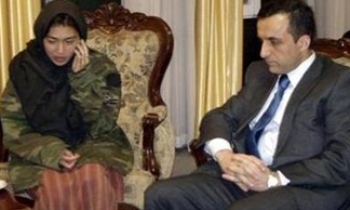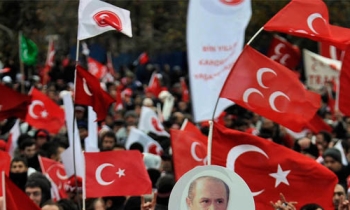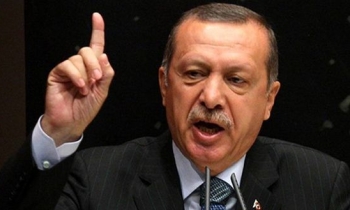Tanzanian authorities ordered Saturday the closure of two newspaper for allegedly violating the country's law. The Prime Minister's Office ordered Tanzania Daima not to publish from December 3 to December 5, while Amani, a weekly tabloid, is to suspend production and distribution for 28 days.

The government accused the papers of violating the 1976 Newspaper Act, which allows the government to close down publications without seeking court action. The newspapers also allegedly breached professional ethics and eroded Tanzanian moral values. The statement announcing the ban was issues through the Tanzania Information Services (Maelezo). The police have been ordered to enforce the ban.
Tanzania Daima, which is published by Free Media Limited in the local Swahili language, is closely associated with a leading opposition presidential candidate, Freeman Mbowe, of the Chadema (Democracy and Development Party).
Tanzania goes to the polls on December 14 when President Benjamin Mkapa is expected to step down. Foreign Affairs Minister Jakaya Kikwete is widely expected to win the presidential poll but Mbowe's Chadema is seen as a tough challenger in the parliamentary hustings.
The photograph showed Mkapa and a senior official of the International Labour Organisation (ILO) at a past meeting. Its caption was a parody of a courtroom scene with Mkapa defending himself against non-payment of World Bank loans.
According to the Nation, which is published from Nairobi, the caption was presented with a judge telling President Mkapa: "Mheshimiwa Mkapa hii ni mara ya tatu nakuona katika mahakama hii ukistakiwa kwa kosa lile lile; kukopa bila kulipa madeni, unastahili kunyongwa hadi kufa." (Your excellency, this is the third time you are appearing before this court facing charges of borrowing and not paying your debts. You deserve to be hanged). The President was presented as replying: " Hamtoi punguzo kwa wateja wenu wa mara kwa mara?" ( Don't you offer a discount to your regular customers?).
The statement said in his defence, the Tanzania Daima editor said he downloaded the photograph from the Internet and decided to use it because he thought it would be interesting to the newspaper's readers. The statement said, however, that the defence was frivolous.
"It is obvious that the publication of the photograph was intended to defame the president and because the accompanying caption could arouse disaffection against the president and his government, the government has forthwith suspended the publication and distribution of (Sauti ya Watu) Tanzania Daima," the statement said.
"The reason given is that we maliciously published a picture that could cause annoyance to the president and his government," Deodatus Balile, chief editor of the daily, told Reuters. "These are some of the laws that we should get rid of. If anyone offends an individual or the government, the matter should be dealt with in a court of law," Balile said.
Amani, on the other hand, was penalised over a story about a senior government official who died in a guest house while attending a seminar in a town west of the capital Dar es Salaam. In its November 17-23 edition, the paper allegedly linked the death with a certain woman captured in a picture. The government claimed the story was injurious to the deceased's family.
About Amani, the government statement said it had warned the newspaper's management on several occasions over the need to abide by professional ethics, to no avail. It said at one time the paper was warned after it carried a photograph of a naked person. Despite the warning in November 2003, the paper published a story headlined, 'Another big shot dies in a guest house.'
He said the article was accompanied with a photograph of a woman who was associated with the death of chief economist in the Disaster Department in the Prime Minister's Office in Morogoro. The statement said the newspaper's editor was given an opportunity to redeem itself by showing cause why disciplinary measures would not be taken against it.
However, the management failed to convince the government that there was no malice in the story. "Because the article and the photograph humiliated the deceased's family, especially the wife and children, the government has decided to suspend its publication and distribution," the statement said.









